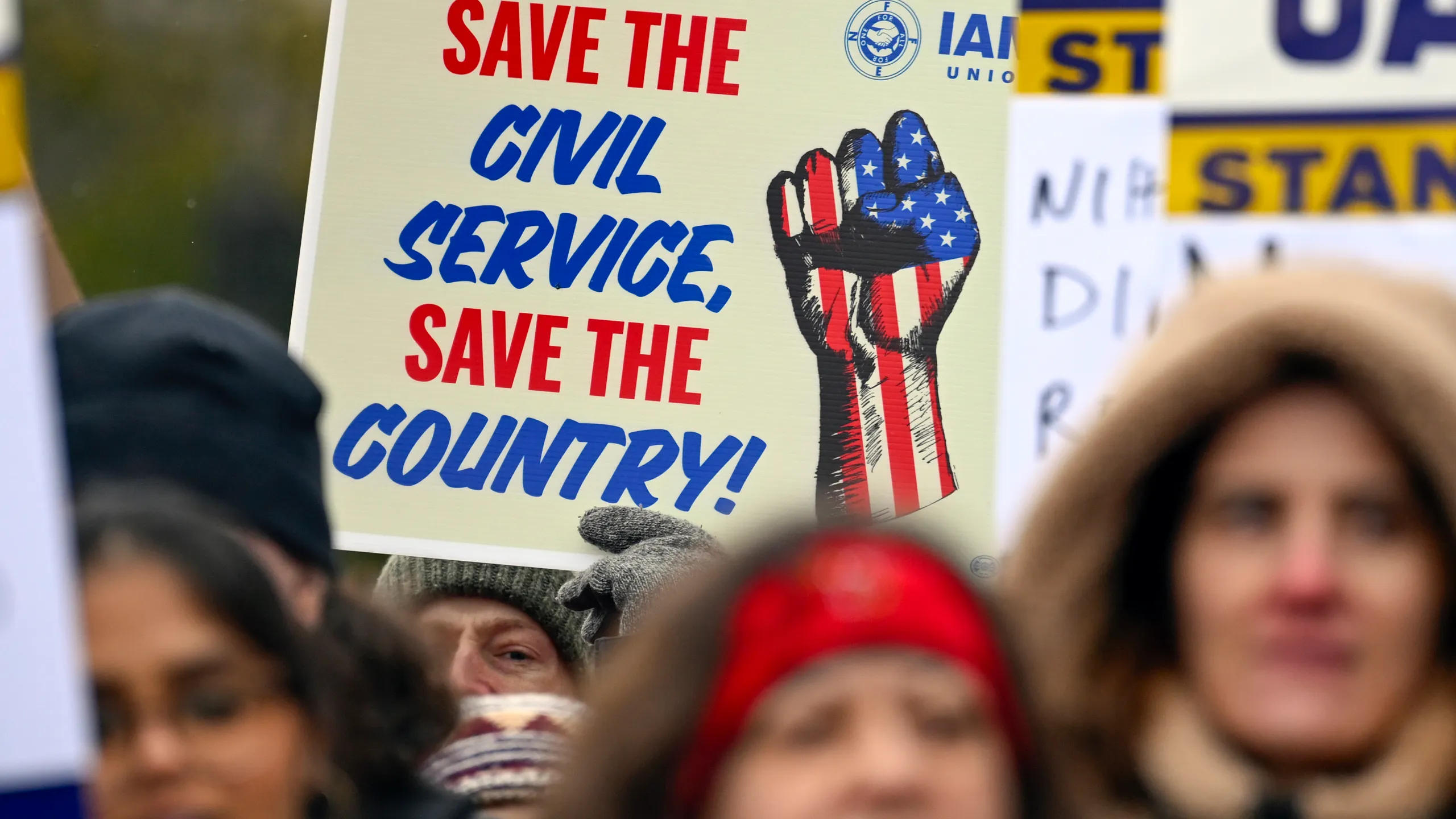As the Trump administration begins removing public records after regaining power, a group of experts and volunteers has launched an urgent effort to preserve thousands of web pages and government sites that focus on critical issues such as climate change, healthcare, LGBTQ rights, and more.
Under an executive order signed in January, which declared federal diversity, equality, and inclusion programmes illegal, numerous online resources related to AIDS prevention, weather data, and references to ethnic or gender minorities were either destroyed or altered. For example, over 3,000 pages from the Centres for Disease Control and Prevention website were removed, as well as more than 1,000 from the Justice Department’s site, according to Paul Schroeder, president of the Council of Professional Associations on Federal Statistics.
Some websites have vanished entirely, such as the site for USAID, which has effectively been shuttered following Trump’s significant cuts to foreign aid. The National Children’s Health Survey page now shows a “404 error” message. Additionally, federal agencies have been instructed to avoid certain terms in their communications, including “woman,” “disability,” “racism,” “climate crisis,” and “pollution,” as reported by the New York Times.

Eric Nost, a geographer at the University of Guelph in Canada and member of the Environmental Data and Governance Initiative (EDGI), explained that the current administration has removed language related to environmental justice and climate change more aggressively than its predecessor. EDGI, a coalition of academics and volunteers, began safeguarding environmental data after Trump’s initial election in 2016.
To help preserve crucial information, EDGI and others use tools like the WayBack Machine from the Internet Archive and Perma.cc, developed by Harvard Law School’s Library Innovation Lab. These systems, which existed before Trump’s election, enable the preservation of web pages for future reference, even if they are later deleted or altered. Archived data is stored in a vast digital library, where anyone can access it for free.
Since Trump’s return to office, web archiving efforts have grown and become more organised. The Data Rescue Project (DRP) has brought together multiple organisations to rescue data at risk of deletion. Lynda Kellam, a university librarian and organiser of DRP, explained how the project began in February as a simple online Google Doc to track and save downloadable PDFs and archived links. It is now maintained by volunteers working in their spare time, many of whom, including Kellam herself, have full-time jobs.
Despite the success of these archiving efforts, they face a significant challenge: lack of funding. Jack Cushman, director of Harvard’s Library Innovation Lab, noted that adequate financial support is essential for preserving more data and improving the tools and resources needed for ongoing efforts. Harvard itself has been targeted by the administration for refusing to comply with demands to accept increased government oversight.
Cushman warned that any failure to preserve and share reliable data on issues like climate, health, and social justice would have serious consequences for businesses, governments, and individuals alike, comparing the role of data to a “modern lighthouse” that helps guide decision-making.


 Trending
Trending 


